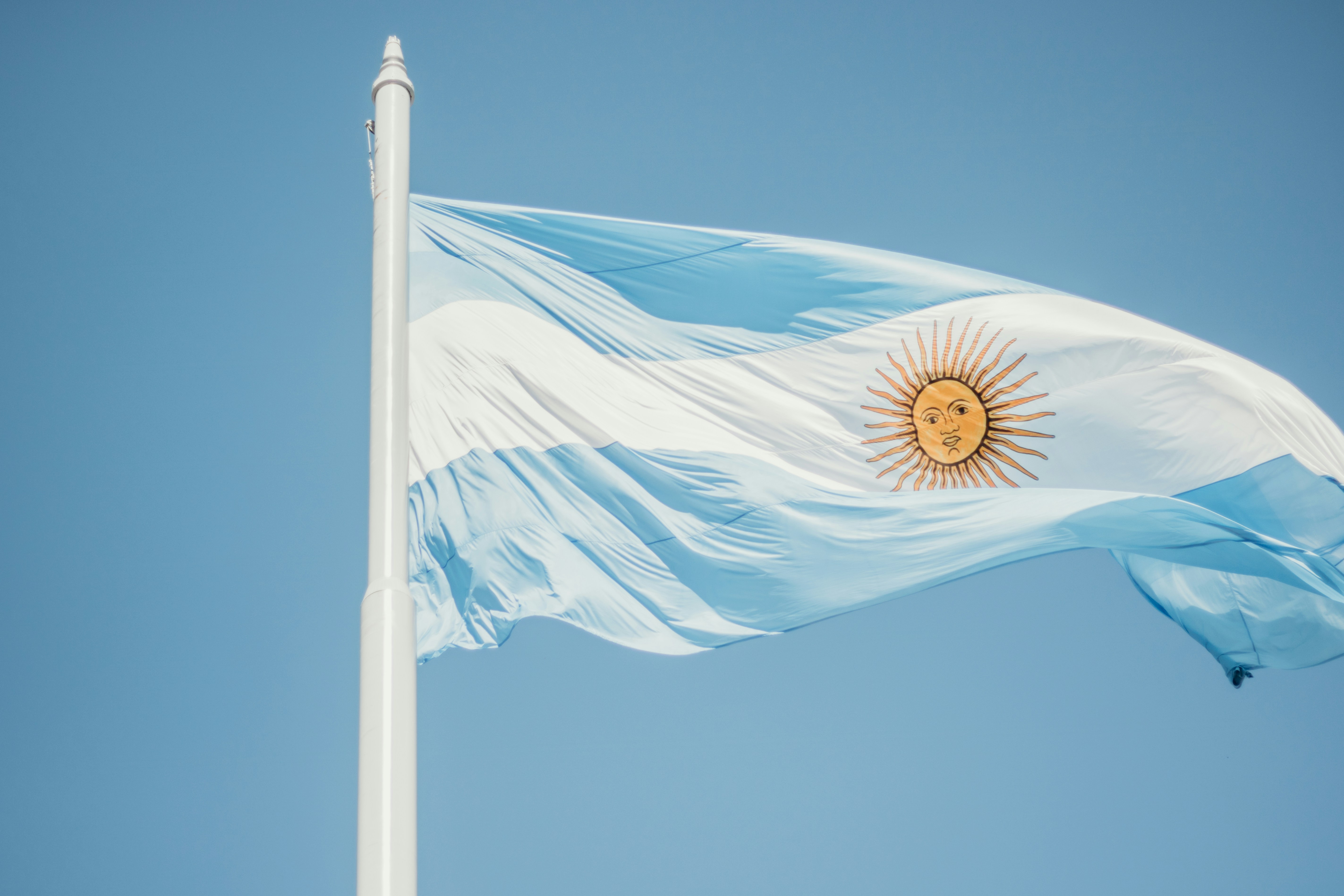
Image - Angelica Reyes
This article was originally published on Jul 30, 2025.
In an environment where traditional alternatives have been almost completely discarded in the political scene, not only in Argentina but in various countries throughout Latin America and around the world, the Argentine center-left must permanently cut ties with Peronism if it wishes to survive the growing popularity of its right-wing and far-right rivals.
Peronism is a rather amorphous national-popular ideology. It emerged as a personalist construction around the figure of then-President Juan Domingo Perón, who governed Argentina from 1946 to 1955 and briefly from 1973 to 1974 (the year of his death). This Argentine leader is both popular and controversial, both in the political history of his country and in world history, due to the multiple contradictions of his administration. On the social level, Perón promoted a series of progressive reforms that substantially improved the quality of life of workers: he increased wages, established paid vacations, pensions, Christmas bonuses, and promoted unionization. This generated a strong emotional and political bond with the popular sectors that persists to this day.
However, the other face of Peronism was its authoritarian and polarizing nature. Perón repressed opponents, persecuted journalists, intellectuals, students, and even the Catholic Church when it broke with his government. Universities were intervened, independent media outlets were closed or intimidated, and a cult of personality that bordered on the messianic was promoted. It is worth mentioning that, as an international scandal, his government was criticized for facilitating the entry of Nazi criminals and European collaborators into the country after the end of World War II. Argentina thus became a refuge for former leaders of the Third Reich, which caused strong tensions with the United States, Europe, and the global Jewish community.
Perón's personality cult is deeply disturbing. Even more so is the fact that his image remains the main emblem of the Justicialist Party's political discourse, which refuses to let go of him even after decades of failures, contradictions, and ethical erosion. It is time for the Argentine political left to evolve. Given the rise of hard-right and far-right leaders, this political identity risks becoming irrelevant if it does not engage in profound self-criticism and distance itself from the symbolic and ideological burden that Peronism represents.
Peronism, far from being a solution, is now an obstacle. It represents a past steeped in authoritarianism, caudillismo, and clientelist practices that contradict the progressive values it claims to defend. It is, in many ways, a poison for Argentine democracy that must be extricated from the ranks of movements advocating for the welfare state, human rights, and social justice. These values cannot and should not be linked to the image of a figure as ambiguous and controversial as Juan Domingo Perón. As long as the Argentine left fails to understand this, it will continue to lose ground to reactionary, emotionally simplistic but politically effective rhetoric, such as that championed by the current president.
Argentina is deeply polarized today by the incendiary rhetoric of President Javier Milei. The president has managed to consolidate a base of voters frustrated and disenchanted with the traditional political system, and particularly with the long-standing dominance of the Justicialist Party. Faced with the impact of this new libertarian political movement, traditional forces that once rivaled Peronism—such as the conservative PRO party (former President Macri’s party)—have been absorbed into or subordinated to the agenda of Milei and his party, La Libertad Avanza. This makes it clear that the Argentine political system has mutated, and with it the rules of the game.
The left must interpret these changes with lucidity. It is no longer enough to resist or invoke symbols of the past. It needs real renewal, a modern, ethical, effective platform completely detached from the Peronist legacy. Otherwise, it will remain trapped in a melancholic inertia, defending a model that today is more part of the problem than the solution.